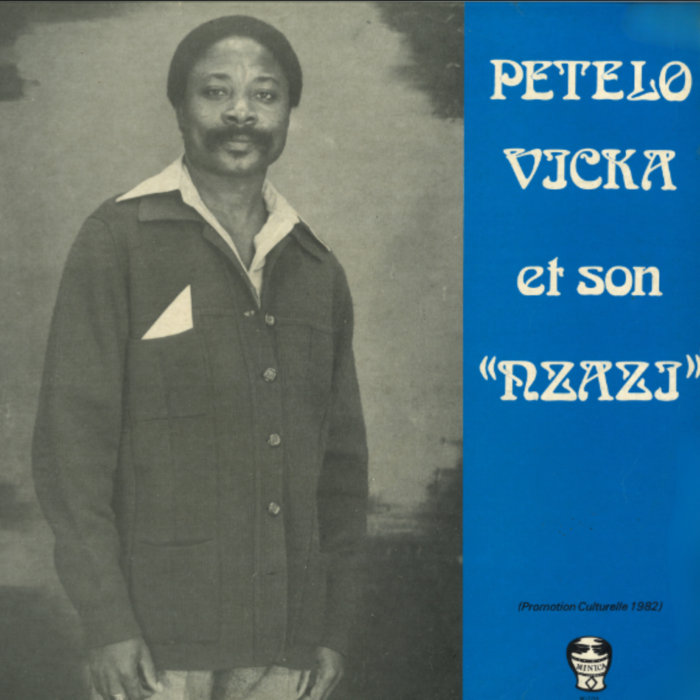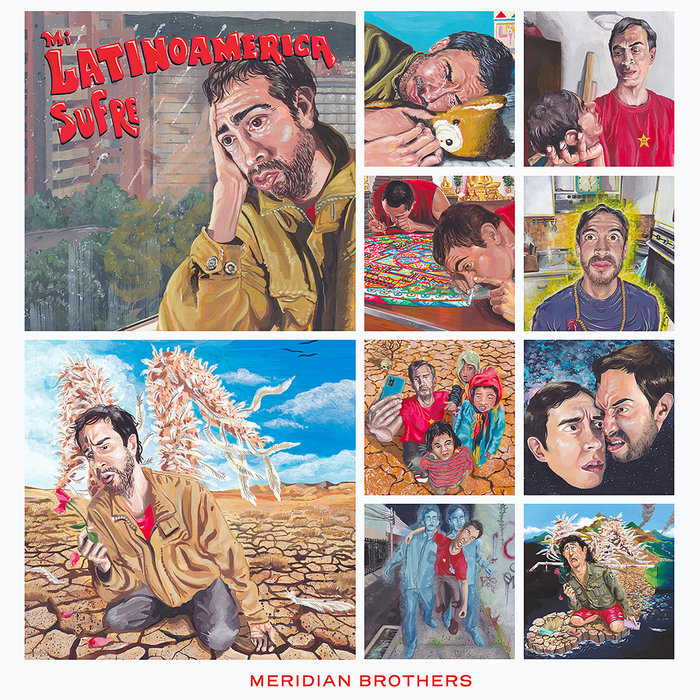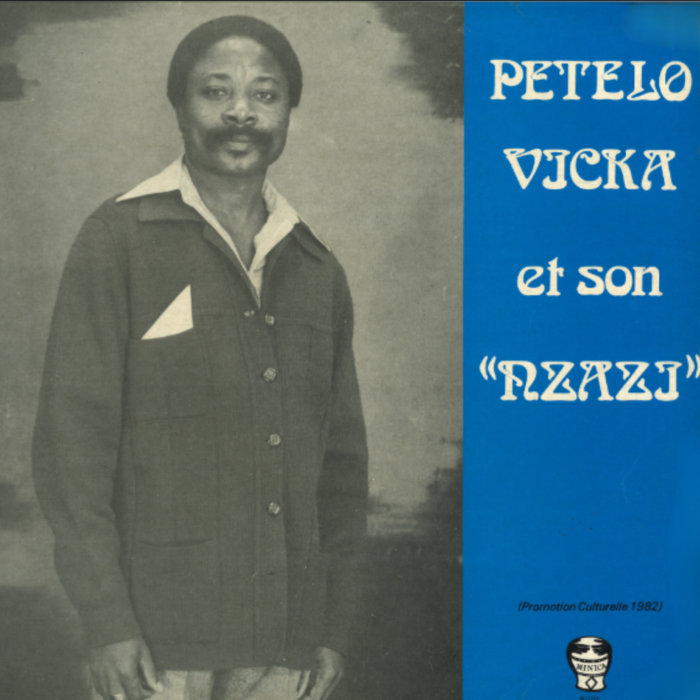
Nani – Petelo Vicka et son Nzazi
this blog is GROOVY – check out great Soul, Funk, Jazz, Hip Hop, Bass, Breaks , Reggae, House n many more TUNES
Ah, soukous! The sound that makes you wanna shake your hips and move your feet. This infectious genre hails from the heart of Africa, specifically the Democratic Republic of Congo (DRC), and it’s all about that vibrant rhythm, catchy melodies, and a spirit that’s hard to resist. Let’s dive into its history and sprinkle in some fun facts about the artists who make this music pop!
Soukous has roots deeply embedded in African rhythms. Picture this: back in the 1930s, African musicians began blending traditional Congolese music with Western influences like jazz and rumba. By the time we hit the 1950s and 1960s, this fusion evolved into what we now know as soukous.
The term “soukous” comes from a French word meaning “to shake.” And boy, does it deliver on that promise! It’s got that upbeat tempo that’ll make anyone want to dance until dawn.
In its early days, soukous was characterized by guitar-driven jams filled with passionate vocals. It took off internationally thanks to bands like African Fiesta led by Franco Luambo Makiadi, often simply called Franco—kind of like Cher but cooler! Franco’s smooth style brought a whole new level of sophistication to Congolese music.
As we cruised into the late ’70s and early ’80s, soukous exploded onto the world stage. Musicians started draping themselves in flashy outfits while belting out songs about love, life struggles, or just getting down on the dance floor.
One pivotal group during this golden era was Tabu Ley Rochereau‘s band Afrisa International, which turned heads not only for their killer tunes but also for their outrageous fashion sense—think colorful suits brighter than a rainbow after a summer storm!
Did you know that Tabu Ley once performed wearing an outfit made entirely out of mirrors? Talk about reflecting on one’s career! That bling helped him shine brightly in more ways than one.
By mixing up rock ‘n’ roll vibes with traditional beats, musicians began experimenting more freely with soukous throughout Africa. As they played around different cities like Kinshasa (the capital city) or Brazzaville across river borders—this cross-pollination fueled creativity.
Imagine electric guitar solos paired flawlessly with rhythmic percussion; it’s no wonder people couldn’t help but party when these legends showed up at local venues or street corners making magic happen live!
Musicians such as Papa Wemba emerged from this melting pot. Known as “the king of kwassa kwassa” (a specific dance move associated closely with his songs), he created iconic tracks driving audiences wild both locally and abroad.
Rumor has it Papa Wemba once sparked outrage because he showed up late to a concert—and blamed it on being “too busy picking out his outfit!” Priorities right?
Let’s fast forward to today where you can hear echoes of ancient soukous mixed seamlessly within genres worldwide—from pop hits gracing airwaves globally to hip-hop sensations drumming up fresh collaborations inspired directly by these classic sounds; think Drake vibing over some sweet DRC beats!
The rise of technology also paved new paths for aspiring artists bringing unique elements back home through social media platforms ensuring lightning-fast crossover potential transcends borders quicker than ever before – allowing newer generations equipped laptops instead studio spaces create instant classics without leaving bedrooms behind them!
Not too long ago…we witnessed something spectacular when international stars started collaborating directly with legendary figures operating underground brimming talents giving birth fresh nuances infused deep-rooted heritage coolness amidst funky crowd-pleasing styles enjoyed everyone everywhere alike.
Did you know some modern artist known today have connections leading straight back soul-stirring rhythms akin legendary pioneers decades ago? Sometimes you’ll find remixes hitting charts blended together soulful melodies sampling original beats shining bright along every note wrote history connecting generations linking old-new eras creating timeless grooves bouncing everywhere–just pure magical synergy uniting hearts moves bodies together onscreen stages global unity indeed wonderfully groovy legacy evolvement still thriving vibrantly alive well beyond multiple lives lived… isn’t it fabulous?
From joyous beginnings rooted traditions melding fantastic experiments into contemporary creations celebrating freedom expression …soukuos remains vibrant storytelling experience carried forth countless talented heroes showing world every moment matters weaving tale captivating memories forever shared joyfully dancing gathered amongst friends newfound strangers meeting loved ones nights never wanting end illuminating those intricate layers connecting eyes laughter singing loud expressing tales woven throughout journeys each heartfelt lyric resonates wherever our footsteps lead us next…
So grab your friends! Turn up those speakers loud enough embracing spirit moving rhythm expect nothing less sharing everything good finding groove crazy times ahead let’s collectively celebrate beat pumping strong souls intertwined living adventure journey truly unforgettable living right here goodness pouring kindhearted intentions agenda buckwild marvelous festivity join tribes evening often wound greatly manner found embracing diversity unlike any other united naturally flow wise interconnected wondrous embrace endure comradeship illuminate light endless possibilities await us breaking free walls built keeping genuine feelings parts distinct earth planet nearby revealing treasures hidden gems rediscover alongside thrilling histories unfolding take place shaping future discovering beautiful dances arise ultimately all navigating toward same universal purpose vibin’ beautifully alive forevermore through genuine-love-filled-soulful-soukouss ! 💃🏽🕺🏾

Nani – Petelo Vicka et son Nzazi

Mi Latinoamérica Sufre – Meridian Brothers

Petelo Vicka & son Nzazi – Petelo Vicka et son Nzazi